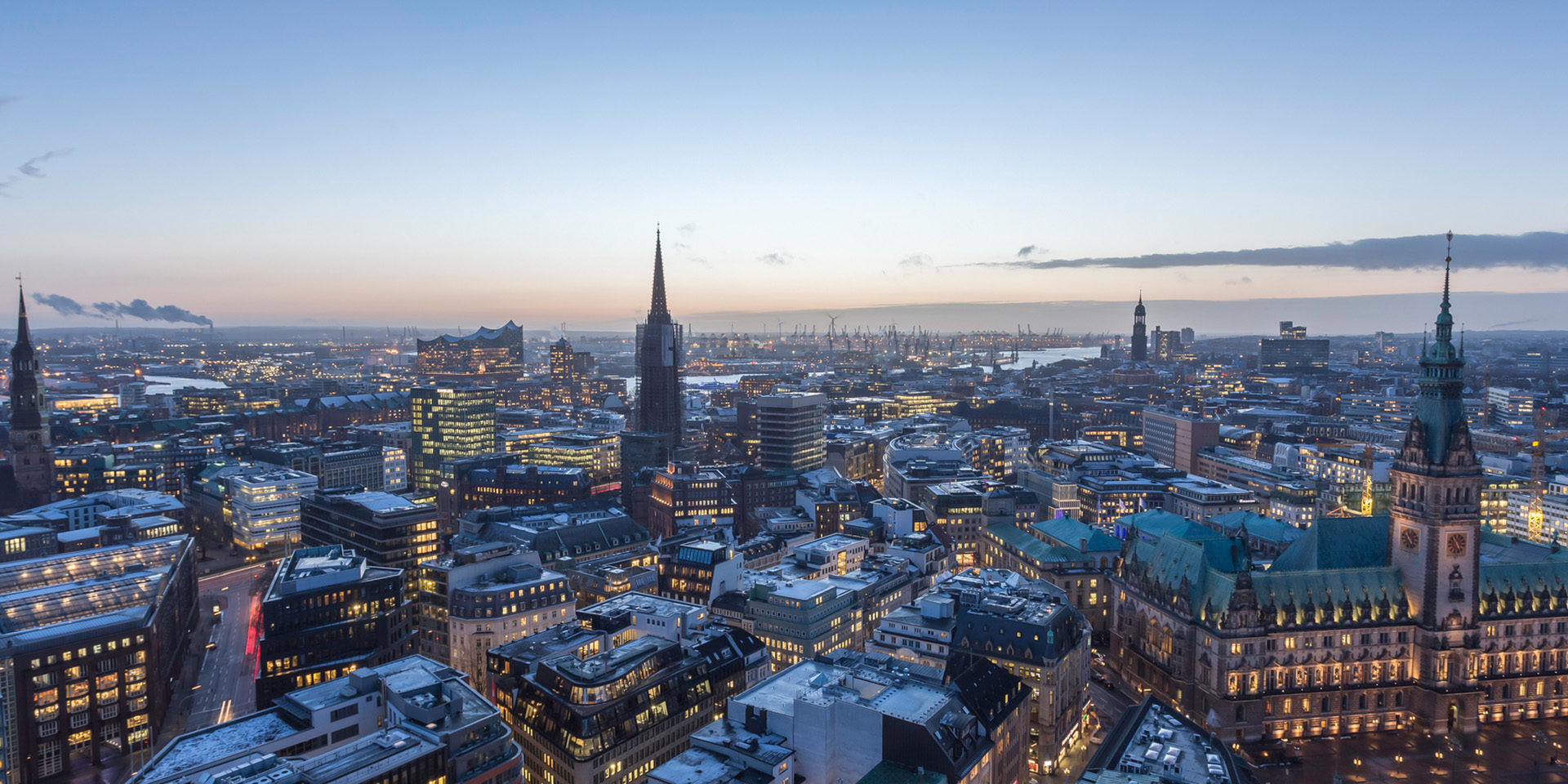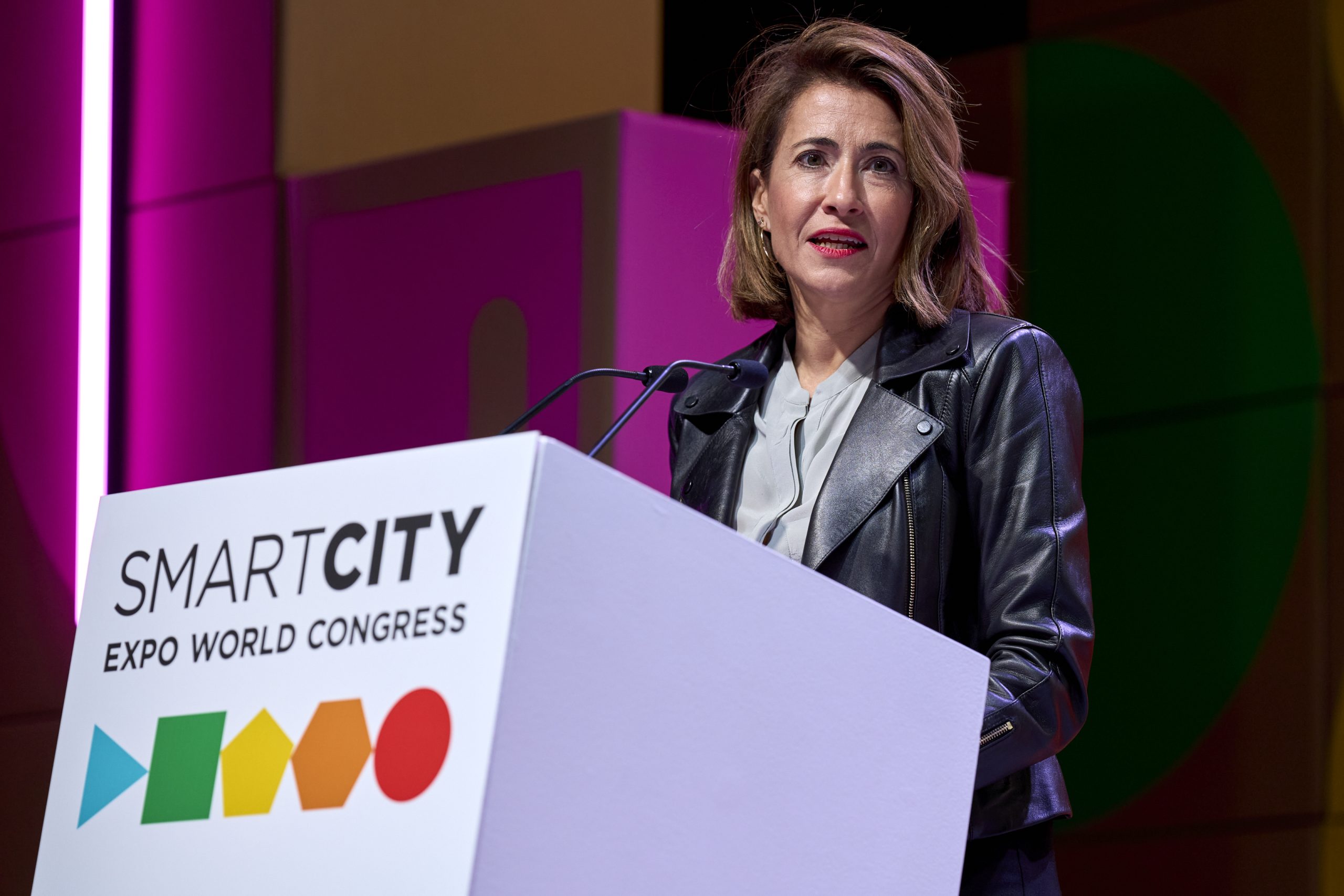Author | Marcos MartínezThe term city-state dates back to ancient history, although it has become a current topic of conversation among politicians and economists. Empowering cities with new legal frameworks designed to provide them with greater financial and administrative independence, indeed, is a well-established trend across both industrialized nations (which tend to prioritize urban over rural) and developing ones (following the freeport strategy) interested in increasing the competitiveness of their cities in a globalized world. Although few of these modern cities have true state-like powers.
What is a city state?
Although the Sumerian city-states of Uruk or Lagash (5,000 BC) are very different to the Singapore or Hong Kong of today, the underlying concept is the same: the city has autonomy and it is the state. However, there is a notable difference between the past and the present: city-states of today are not self-sufficient. They depend on external commerce. There are also notable differences and similarities between them: from cities that are thousands of years old such as Hamburg, to the “new” cities with metropolitan areas covering wide insular territories, such as Singapore.
Hamburg, a “free city” since records began
The history of Hamburg (Germany) is interesting insofar as a small space covering only a few square kilometres has managed to preserve its autonomy, while also forming part of a state such as Germany. This is the example of how the identity of a sufficient part of the population can establish pressure to endure, for centuries.In 1189, the Holy Germanic Roman Emperor granted the city the status of Free Imperial City, a status that it has managed to maintain (with changes) through various reigns and governing systems. What is now known as the Free and Hanseatic City of Hamburg survived:
- The German Confederation (1815-1866),
- The North German Federation (1866-1871),
- The German Empire (1871-1918),
- The Weimar Republic (1919-1933),
- Nazi Germany (1934-1945),
- The British occupation (1945-1949),
- The German Federal Republic.
Today, the city-state of Hamburg is also one of Germany’s sixteen federated states. Its fighting nature has enabled this city-state to stand the test of time and in good health. Nominated in 2018 for the European Capital of Innovation awards funded by the European Commission, its population has managed to organise itself (without the help of politicians) forming the Smart City Hamburg.But when the civil population and political classes work together, goals can be achieved such as not having the Google assistant inside households (town hall press release); or becoming beacons of urban innovation. This is the case of the Wilhelmsburg district, with 180 eco-houses in early 2011, or the BIQ building, with a micro-algae façade to generate energy.
Hong Kong, “special administrative region”
The city of Hong Kong has been capturing the headlines since June 2019, mainly because its inhabitants identify it as an independent city-state. Formally it is a “special administrative region” of the People’s Republic of China, but in reality, it is a bubble of economic and political liberalism within the boundaries of the Asian giant.In 1984, the British and Chinese governments agreed to the handover of Hong Kong, ending years of British colonial rule, but the city would not automatically change over to the communist regime. Instead, five decades of economic liberalism and special rules, still in force today, were agreed. As a result, Hong Kong is a western city-state with rights that do not exist in continental China.One of these rights was the lack of extradition treaties from Hong Kong to the rest of China, at least until it was published by Hong Kong’s chief executive, Carrie Lam, on 29 March 2019. Two days later, for the first time in decades, the city experienced civil protests against the Chinese regime, and on the date of preparing this article, the first general strike has been held in 50 years.Hong Kong has become an accidental urban laboratory. Its Smart City policies under the Blueprint seal are drenched in the use of technology as a tool for defence and attack. The video below shows how citizens are protesting armed with lasers to prevent the cameras using facial recognition software with AI.https://twitter.com/alessabocchi/status/1156513770254012416Another video shows thousands of euros in cash (local currency) strewn over public transport ticket dispensing machines. The Hong Kong people organise themselves to remain anonymous in the areas closest to the protests, since digital currency could pose a threat. Public attitude here illustrates its critical role in defining and maintaining the city-state as a concept.
Singapore, firmly committed to technology
The city-state of Singapore is an interesting territory, not just because of its complexity (it has four official languages -Chinese, English, Malay and Tamil- and dozens of religions). Also because of the way they have technified society and become a global power and leaders in technology, development or education, starting out as a poor island without any natural resources.Today, Singapore is the city with the highest number of trees per square metre in the world, which benefits its five million inhabitants; the first city in the world in which autonomous mobility was tested (2016 with the nuTonomy taxi); and the only major city with a highly developed digital twin using semantic modelling.But it wasn’t always like that. In 1963 it gained independence from the United Kingdom and went on to form part of the Malaysian Federation, a brief romance that lasted two years. With few resources and an even further impoverished situation as a result of World War II, on 9 August 1965, the city-state was created with the firm intention of innovating and investing in technology. The consequences of that decision can be seen today.Despite its size and budget, the Singapore city-state now occupies the seventh position on the Cities in Motion Report, which seeks to establish the level of smartness of cities. During the last edition of the Smart City Expo World Congress 2018, Singapore received the award for the smartest city in the world and it was described as having “undoubtedly become a global beacon of the urban transformation and how to implement smart urban solutions”.
City-states, do they have a future?
It just so happens that the three city-states analysed in this brief article were British colonies. But of course, what city in the world wasn’t at some point a colony of Spain, Holland, France or Portugal? The three are also port cities, but not all city-states share the same elements. San Marino, Monaco, the Vatican City…It is interesting how, in a world in which countries tend to generate partnerships with one another (European Union, BRICS, G20…), the city-states that still remain as such, are more prosperous environments than the states that surround them. The fact that they are places that value civil rights, respect for culture and the impact of technology on quality of life, could be food for thought.Images | iStock/Canetti, Jonas Tebbe, iStock/tampatra, iStock/kurmyshov






















































